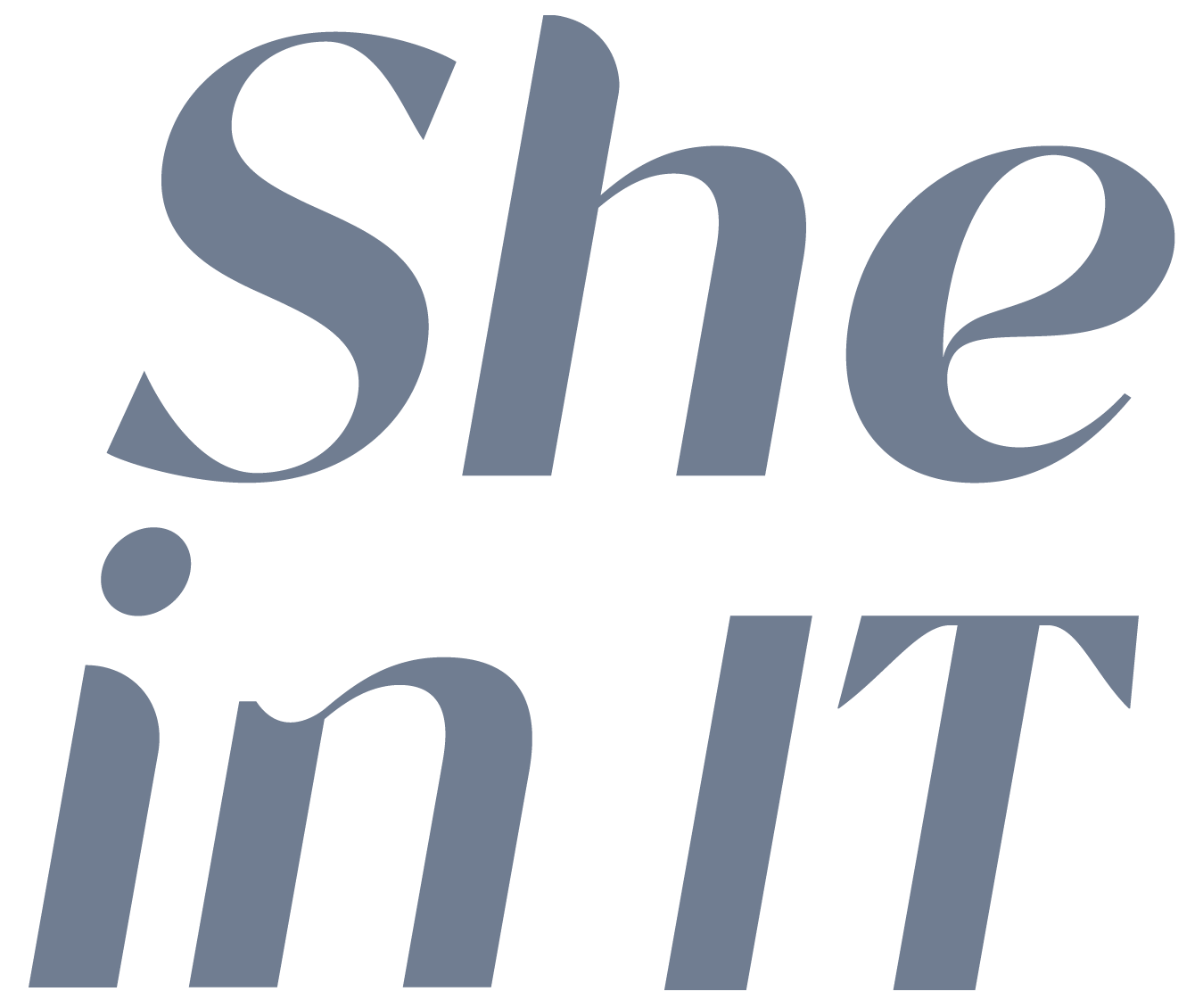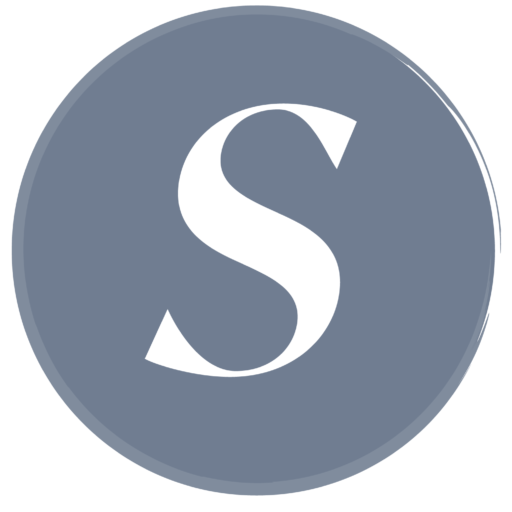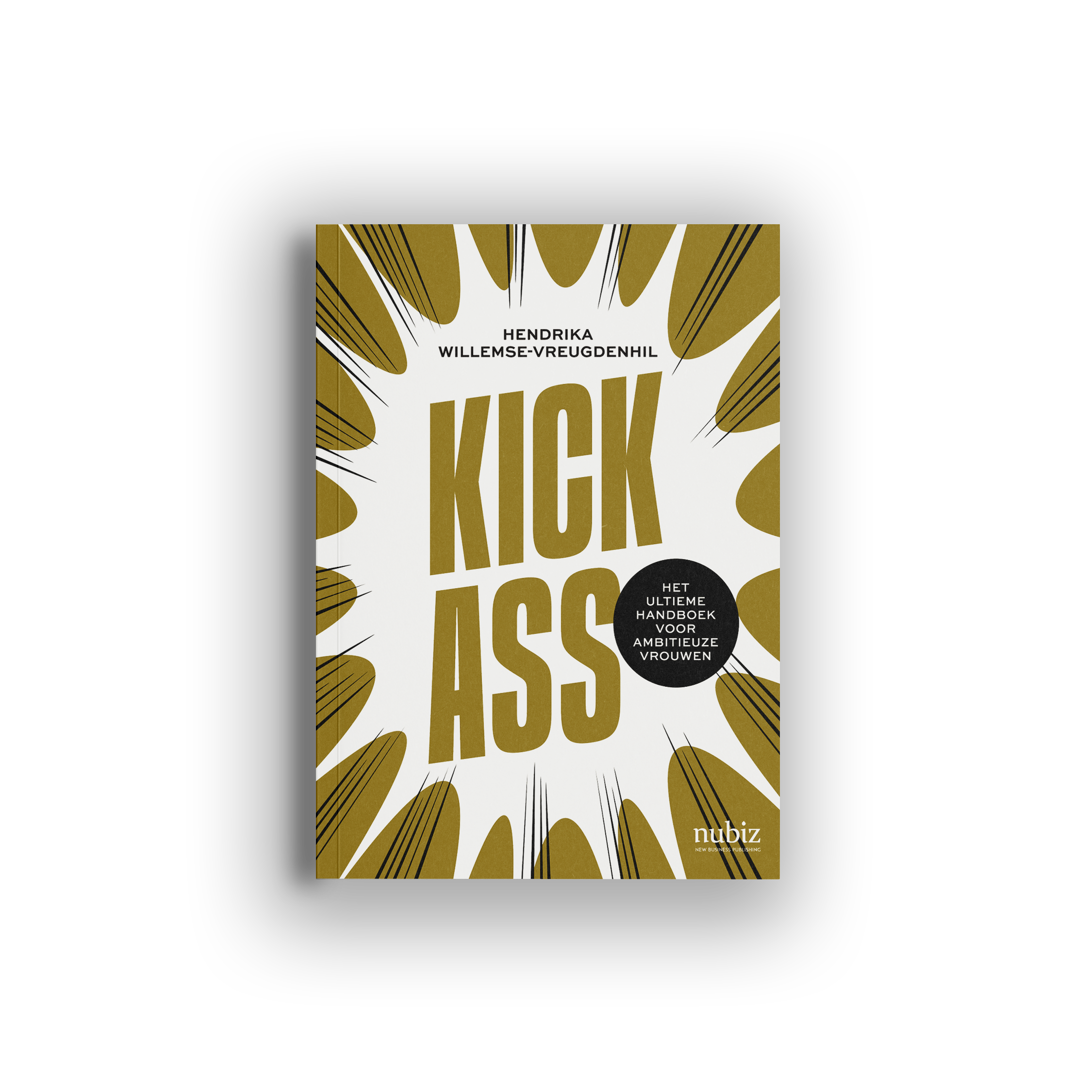Inclusion, diversity and personal development in consulting
Hendrika Willemse is an entrepreneur in IT and has a passion for coaching. She has done karate at a high level and she knows what it takes to get the most out of yourself. Her sports and business careers have ensured that she knows better than anyone what it takes to perform beyond the ordinary and use your full potential, even in challenging times. She gives 1 on 1 coaching and workshops in the field of empowerment and leadership. We at EIFFEL were allowed to interview her about inclusivity, diversity and personal development.
After your successful sports career, you introduced yourself to the world of coaching. How do you ensure that people get the best out of themselves?
The most important thing is that you enable people to use their full strengths, and that people can make optimal use of their personal power. This ensures that the organization and the team make the best possible use of the qualities of the individual team members. This ultimately leads to teams that are inclusive, and that therefore also perform better.
It is therefore important to use your own strength. As a consultant, we often end up in rapidly changing organizations. How can you stay true to yourself in such a challenging environment?
I’ve learned that sometimes it’s better to sleep on something before responding to make sure you don’t overrun yourself. By removing the emotion from your communication, you ensure that you stick to the facts, which is much more powerful. Stay close to yourself and dare to set your limits, define your values and standards and stick to them. Do what feels right to you and is close to you.
In IT assignments, teams are often not very diverse. You are also involved in increasing diversity in organizations. How can the inclusiveness of a team be increased?
It often starts with how you set up vacancies as an organization. There are characteristics that are seen as typical ‘masculine’ or ‘feminine’, for example in general men are often better at negotiating while women often have better organizational qualities. If there are a lot of ‘masculine’ requirements in a vacancy text, many women drop out who might be suitable for a position and vice versa.
It is therefore very important that a team reflects inclusion, but it is also important that the organization moves as well. How do you ensure that this inclusivity is adopted throughout the organization?
A company culture will only change if it is supported in all layers of the organization. Most of the times change starts at the top. The management must set a good example by showing how things should be done and how things can be done differently, for example by looking at how people are judged and what biases exist in the organization. Also check whether the processes within the organization, such as application procedures, are inclusive. For example, by taking a critical look at which target group you are approaching on LinkedIn.
By making smart use of our network, we can therefore create a more diverse team. How can we as an organization increase our network and remain visible, in times when working from home is the norm?
Connecting and building genuine relationships is more difficult these days, but essential to a consultant’s success. Personal attention and genuine interest create a relationship of trust, which is the basis for a successful assignment. Companies can purchase products and services anywhere, but the person behind the consultant makes the difference. So make sure you remain visible and share your successes, for example via LinkedIn and inside your own team and organization.
Do you want tips and tricks in the field of diversity and inclusion in your team? Then contact me directly!


